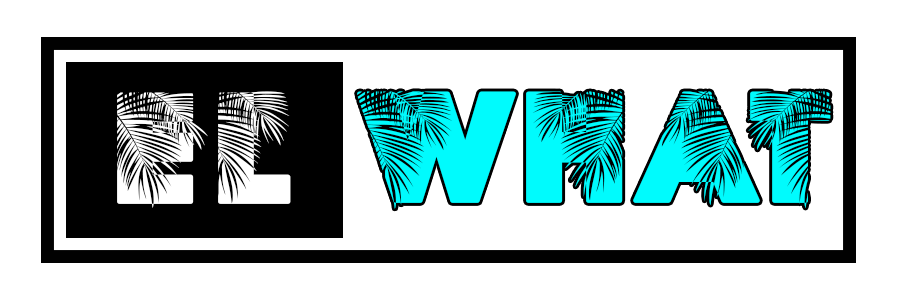[ad_1]
I read that OnPoint requires around $4.5 million per year to operate around-the-clock. How difficult or easy has it been to get the funding you need?
Very difficult. We’ve been staying afloat by fundraising, having the support of a number of amazing individuals and a few foundations. The part of our work that is looked at as the illegal element is the observation of drug use. Once people have used, we’re just providing basic harm reduction services. The observation is just a small part of our work.
Is the observation illegal because of the federal “crack house statute”?
Yes.
Has there been any progress toward getting that statute repealed?
Everybody’s waiting for the results of the Safehouse lawsuit. A Safehouse win wouldn’t eliminate the crack house statute, but it would definitely open the door to show how wrong it is.
When you’re talking to people who still say that overdose prevention centers are enabling drug use, how do you respond?
I probably have five different responses. The biggest one for me lately is talking about why these folks are going to use. The OPCs have almost 3,100 registered participants. We’re working with folks who are already currently using. We’re doing everything possible to keep them alive. Once they say to us, at any point, that they want to stop, we respond immediately. We go into action right away, so we are in no way enabling.
On an average day, how many people come to OnPoint?
If we’re talking specifically about the OPC, sometimes a few hundred. It varies. But if we’re talking about the whole organization, we see many, many more people than that.
When people come to OnPoint, what services are they usually seeking?
When people walk into the space, right away, most people who are here to visit go, “Wait a minute, where’s the drug use?” The door opens, and they see people having coffee, having a meal, watching a movie. We serve up to five meals a day.
If someone comes in to use the OPC, they’ll voice that, and if they’ve been with us before, we’ll sign them in. We ask a series of questions before they enter: What are you going to use? How much? If you weren’t here, where would you use? A large percentage of them will say they would have used in the alley around the corner of their block, inside a restaurant bathroom, or in a park nearby. These are key questions, so we can report back to the community—we’ve had almost 70,000 instances of drug use, and so that’s 70,000 instances that didn’t happen in the streets.
What happens after intake?
They enter the room, and they use. Again, this is one program in an array of many. We have case management, mental health services, low-threshold medical services, hepatitis testing and treatment, HIV testing and treatment. We’re opening a pharmacy, and that will not only service our people but all the members of the community. We have a holistic program that provides acupuncture, acupressure, some bodywork, and sound therapy, and that’s also open to the whole community. We’re opening a barber shop and salon free of charge.
[ad_2]
#Hope #Front #Lines #Drug #Overdose #Crisis






